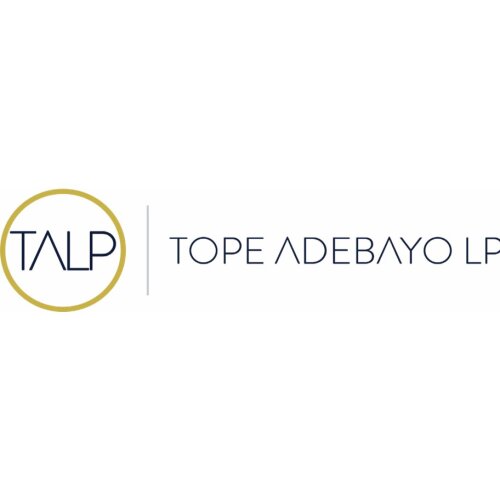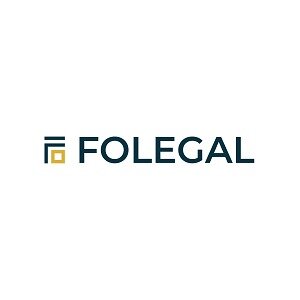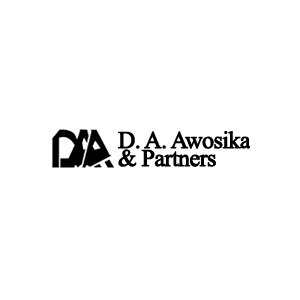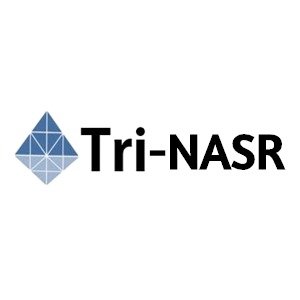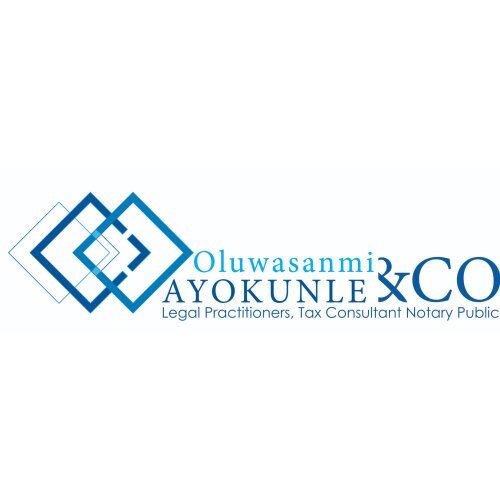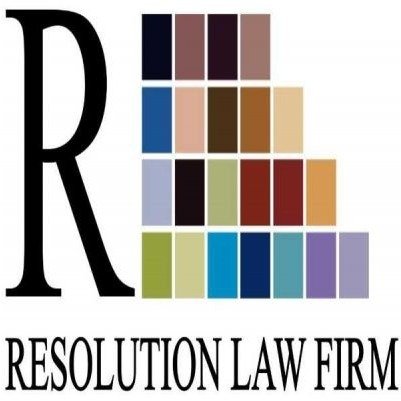Best Employer Lawyers in Ikeja
Share your needs with us, get contacted by law firms.
Free. Takes 2 min.
List of the best lawyers in Ikeja, Nigeria
Nigeria Employer Legal Articles
Browse our 1 legal article about Employer in Nigeria written by expert lawyers.
- Are Unwritten Employment Contracts Legally Valid and Enforceable in Nigeria?
- A contract of employment can exist whether orally or in writing. It can arise out of any discussion, obligation or instruction to do an act as far as the elements of a contract are present. Agreements are made to be honoured. An unwritten contract is enforceable provided it complies with... Read more →
About Employer Law in Ikeja, Nigeria
Employer law in Ikeja, Nigeria, revolves around regulations and statutes that govern the employment relationship between employers and employees. These laws are designed to manage fair labor practices, employee benefits, workplace safety, and other employment-related concerns. Ikeja, being a central business district in Lagos State, is an area with diverse business activities, requiring comprehensive understanding and adherence to employer laws. In Nigeria, the key source of employer law is the Labor Act, which is supplemented by various local laws and policies addressing employment standards, industrial relations, and rights of employees.
Why You May Need a Lawyer
There are several scenarios where seeking legal assistance in employer matters may become necessary:
- **Employment Contracts:** To ensure employment contracts align with current laws and protect both employers’ and employees’ interests.
- **Workplace Disputes:** Legal expertise may be required to resolve disputes related to discrimination, wrongful termination, or breaches of contract.
- **Compliance Issues:** Businesses must comply with numerous regulations regarding employee welfare, wages, and working conditions. A lawyer can offer guidance on maintaining compliance.
- **Negotiations:** Lawyers can assist in negotiating employment terms, severance packages, or collective bargaining agreements.
- **Litigation:** In cases of legal action from or against an employer, legal representation is essential to navigate the complexities of the court system.
Local Laws Overview
Employer laws specific to Ikeja, and by extension Lagos State, involve several key aspects:
- **Labor Act:** Governs employment terms, including working hours, payment of wages, leave entitlements, and redundancy processes.
- **Trade Disputes Act:** Addresses the resolution of trade disputes and establishes procedures for conciliation and arbitration.
- **Factories Act:** Ensures health, safety, and welfare of employees in workplaces, particularly industrial settings.
- **Employee Compensation Act:** Provides compensation for employees who suffer occupational diseases or injuries during employment.
- **National Industrial Court Act:** This provides jurisdiction over labor-related disputes, making it a critical entity for legal recourse.
Frequently Asked Questions
What is the fundamental law regulating employment in Nigeria?
The Labor Act is the primary statute regulating employment, addressing employee rights, employer responsibilities, and other employment conditions.
How is wrongful termination handled in Nigeria?
A wrongful termination claim can be pursued through the National Industrial Court if an employee believes the dismissal was unjust or without legal basis.
Are employment contracts mandatory?
Yes, it is legally required for employers to provide written contracts detailing the terms and conditions of employment to employees.
Can an employer alter an employment contract unilaterally?
No, any changes to an employment contract must be mutually agreed upon, as unilateral changes can lead to breaches and potential legal disputes.
What are the working hour regulations in Ikeja?
Standard working hours typically do not exceed 40 hours per week, and any additional hours worked may qualify as overtime, necessitating appropriate compensation.
Is maternity leave a right for employees?
Yes, female employees are entitled to maternity leave, typically 12 weeks, with a percentage of pay as stipulated by the Labor Act.
What are the obligations of employers regarding employee safety?
The Factories Act, along with other regulations, requires employers to maintain safe working conditions and ensure the wellbeing of their employees.
How should workplace disputes be initially addressed?
Most disputes should first try to be resolved internally through discussions, mediation, or the use of company grievance procedures.
What are the consequences of non-compliance with labor laws?
Non-compliance can lead to legal penalties, fines, and damage to the company's reputation, along with potential litigation costs.
Are employers required to offer pensions?
Yes, employers are mandated to participate in the contributory pension scheme under the Pension Reform Act, benefitting their employees.
Additional Resources
For further assistance and information, consider reaching out to the following:
- **Ministry of Labor and Employment Lagos:** Provides guidance on labor laws and dispute resolutions.
- **National Industrial Court Lagos:** For legal proceedings related to employment issues.
- **Lagos State Employment Trust Fund:** Offers support to employers and employees regarding job creation and employment standards.
- **Nigeria Employers’ Consultative Association (NECA):** Offers insights on compliance, policies, and employer responsibilities.
Next Steps
If you require legal assistance regarding employer matters in Ikeja, these are the recommended steps:
1. **Preliminary Research:** Gather all relevant information regarding your situation, including contracts and correspondence.
2. **Consult a Lawyer:** Seek a legal consultation from a reputable lawyer specializing in employment law to evaluate your circumstances and provide tailored advice.
3. **Internal Resolution:** If applicable, attempt to resolve the issue internally with your employer or through provided grievance channels.
4. **Formal Action:** If an internal solution isn't viable, your lawyer can guide you through necessary legal actions, such as arbitration or filing a claim with the National Industrial Court.
Always ensure that you are consulting qualified legal professionals who are well-versed in Nigerian labor laws for accurate guidance and representation.
Lawzana helps you find the best lawyers and law firms in Ikeja through a curated and pre-screened list of qualified legal professionals. Our platform offers rankings and detailed profiles of attorneys and law firms, allowing you to compare based on practice areas, including Employer, experience, and client feedback.
Each profile includes a description of the firm's areas of practice, client reviews, team members and partners, year of establishment, spoken languages, office locations, contact information, social media presence, and any published articles or resources. Most firms on our platform speak English and are experienced in both local and international legal matters.
Get a quote from top-rated law firms in Ikeja, Nigeria — quickly, securely, and without unnecessary hassle.
Disclaimer:
The information provided on this page is for general informational purposes only and does not constitute legal advice. While we strive to ensure the accuracy and relevance of the content, legal information may change over time, and interpretations of the law can vary. You should always consult with a qualified legal professional for advice specific to your situation.
We disclaim all liability for actions taken or not taken based on the content of this page. If you believe any information is incorrect or outdated, please contact us, and we will review and update it where appropriate.



